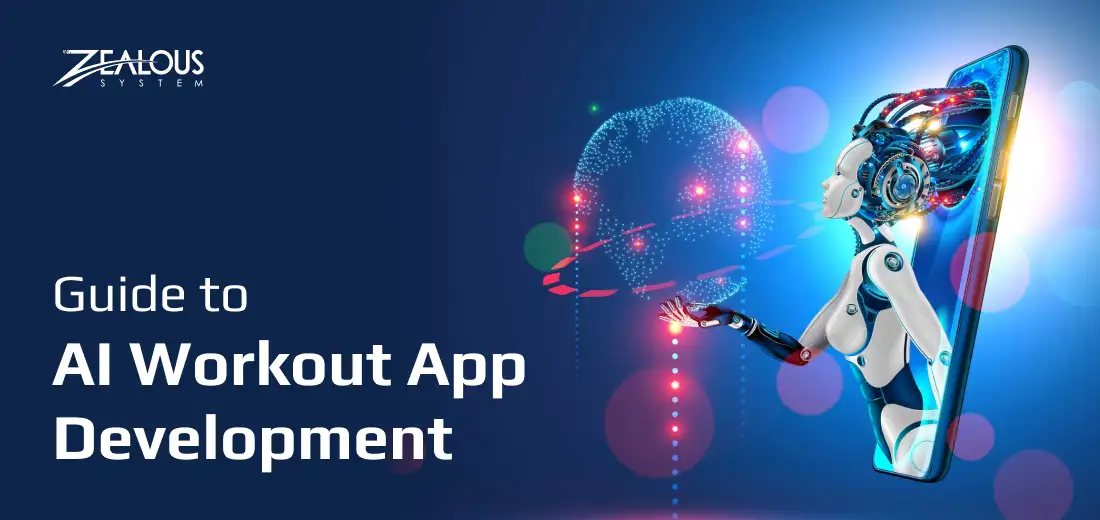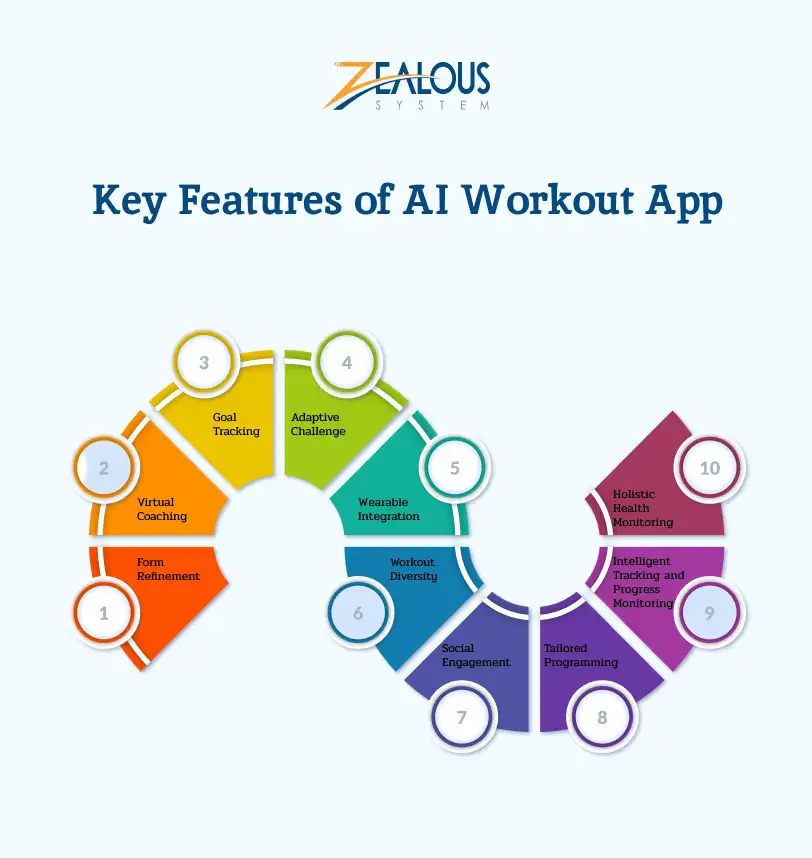
- Company
- Services
- UI/UX Design Services
- Microsoft Dynamics 365
- Mobile App Development
- AI Software Development
- Web App Development
- Generative AI Development
- Digital Product Development
- Enterprise Mobility
- SaaS Application Development
- Application Integration
- White-label WP Maintenance
- ERP Software Solutions
- Software Testing
- Offshore Development Center
- Let’s Connect
- Trending
- Technology
- Industry
- Build Your Team
- Our Work
- Company
- Services
- UI/UX Design Services
- Microsoft Dynamics 365
- Mobile App Development
- AI Software Development
- Web App Development
- Generative AI Development
- Digital Product Development
- Enterprise Mobility
- SaaS Application Development
- Application Integration
- White-label WP Maintenance
- ERP Software Solutions
- Software Testing
- Offshore Development Center
- Let’s Connect
- Trending
- Technology
- Industry
- Build Your Team
- Our Work
We use cookies and similar technologies that are necessary to operate the website. Additional cookies are used to perform analysis of website usage. please read our Privacy Policy
How to Build an AI Workout App?

In an era where technology shapes much of our daily lives, the realm of fitness has not been left untouched. The AI workout app development marks a significant evolution, offering enhanced workout efficiency, personalized coaching, and reduced injury risks. These applications leverage artificial intelligence to tailor fitness experiences to individual needs, transforming how we approach exercise.
AI workout apps have become essential for those striving to maintain their workout goals, signifying the importance of building AI workout applications. These platforms use cutting-edge technology to engage users in new and exciting ways, making fitness more accessible and effective.
The workout app market has experienced remarkable growth, with its valuation reaching USD 1.3 billion in 2022. This growth trend is expected to continue, with a projected compound annual growth rate (CAGR) of 17.6% from 2023 to 2030. The COVID-19 pandemic has significantly contributed to this surge, as it prompted a shift from traditional gym settings to virtual fitness platforms, leading to an increase in workout app downloads and subscriptions.
The significance of make AI Workout App in the health and wellness industry is highlighted by their ranking as the 13th top fitness trend in 2019, according to the American College of Sports Medicine (ACSM). This recognition points to their growing importance and adoption.
In this blog, we explore into the world of AI-driven workout applications, showcasing their advantages, functionalities, and the hurdles encountered during their creation. Additionally, we will examine how these applications are changing the fitness landscape, providing individuals with unprecedented opportunities to manage their health and wellness.
Understanding AI Workout Apps
AI workout applications are mobile tools leveraging artificial intelligence to provide tailored workout plans and guidance to users. By analyzing individual data including fitness objectives, exercise history, and physical abilities, these apps curate personalized exercise routines that cater to specific needs and preferences, enhancing effectiveness, enjoyment, and sustainability.
A prominent feature of AI workout apps is their capacity to furnish real-time feedback and assistance during workouts. Utilizing sensors and motion-tracking technology, these apps evaluate user movements, offering insights on form, technique, and intensity. This instantaneous guidance aids users in executing exercises accurately and safely, reducing the likelihood of injuries and ensuring optimal outcomes.
Moreover, AI Workout App development integrates gamification elements to heighten engagement and motivation. By incorporating challenges, rewards, and social sharing functionalities, these apps inspire users to maintain their activity levels and remain dedicated to achieving their fitness aspirations.
Benefits of AI Workout Apps
AI workout apps offer a lots of benefits, revolutionizing the fitness landscape. Here are some key advantages:
1. Personalization:
Make AI workout apps to analyze user data to create personalized fitness plans tailored to individual needs, goals, and preferences. This customized approach ensures that users engage in exercises that are most effective and enjoyable for them.
2. Real-time Feedback:
With the help of sensors and motion-tracking technology, AI workout apps provide users with instant feedback on their form, technique, and intensity during workouts. This feedback helps users perform exercises correctly, reducing the risk of injury and maximizing results.
3. Accessibility:
AI workout apps make fitness accessible to users anytime, anywhere. Whether at home, in the gym, or on the go, users can access personalized workout routines and guidance right from their mobile devices.
4. Motivation and Engagement:
By incorporating gamification elements such as challenges, rewards, and social sharing features, AI workout apps keep users motivated and engaged in their fitness journey. These elements add an element of fun and competition, encouraging users to stay active and committed to their goals.
5. Adaptability:
AI workout app development can adapt and evolve based on user feedback and progress. As users continue to engage with the app and achieve milestones, the AI algorithms can adjust workout plans to ensure continued progress and challenge.
6. Time Efficiency:
With AI workout apps, users can maximize their time by following efficient and effective workout routines. These apps can recommend short, high-intensity workouts or longer, endurance-focused sessions based on user preferences and goals.
7. Variety and Innovation:
AI workout apps offer a diverse array of exercise options, ranging from traditional strength training and cardio to cutting-edge and unconventional workouts. This assortment ensures users remain engaged and motivated, warding off workout monotony.
8. Customized Dietary Planning:
AI-driven diet and nutrition apps elevate personalized care to new heights. These applications employ adaptive diet algorithms, continually analyzing user progress and making real-time adjustments. By monitoring data at specific intervals, AI-generated dietary recommendations become increasingly tailored to individual needs.
9. Community and Support:
Building AI Workout Application integrate social features, enabling users to interact with others, share their achievements, and receive encouragement and assistance. This sense of community serves as a potent motivator for individuals embarking on their fitness journey.
Key Features of AI Workout App
AI workout apps harness artificial intelligence to integrate features that elevate workout effectiveness, motivation, and overall user experience. Let’s delve into the core functionalities that distinguish AI workout apps as a transformative tool for fitness enthusiasts:
- Form Refinement: By employing computer vision technology, make AI workout apps to analyze user movements during exercises, furnishing real-time feedback on form and technique. This guidance aids in injury prevention and optimizes workout efficiency.
- Virtual Coaching: AI workout apps emulate the guidance and encouragement of a personal trainer, offering tailored tips on form, suggesting modifications, and fostering accountability during workouts.
- Goal Tracking: These apps empower users to establish fitness targets and track their progress over time, monitoring metrics like calories burned, distance covered, and weight lifted. This tracking mechanism fosters motivation and concentration on achieving set objectives.
- Adaptive Challenge: AI algorithms dynamically adjust workout intensity in response to user performance, ensuring a balance between challenge and achievability. This adaptive framework sustains user engagement and motivation throughout their fitness journey.
- Wearable Integration: Seamless integration with wearable devices, such as fitness trackers and smartwatches, enhances users’ workout experience by providing additional data insights and facilitating more effective progress tracking.
- Workout Diversity: AI workout app development presents a comprehensive array of exercise options encompassing strength training, cardio, yoga, and beyond. This diversity combats monotony, ensuring sustained commitment to regular exercise routines.
- Social Engagement: AI-powered workout apps foster social connectivity, enabling users to connect with peers, partake in challenges, and share progress on social platforms. This social integration infuses workouts with excitement and motivation.
- Tailored Programming: Users can tailor their workout programs according to individual goals, preferences, and available equipment. AI algorithms offer personalized suggestions and modifications to accommodate diverse needs.
- Intelligent Tracking and Progress Monitoring: AI algorithms diligently monitor user progress, capturing performance metrics like heart rate, calorie expenditure, and workout duration. This data-driven approach empowers users to gauge progress and establish realistic goals.
- Holistic Health Monitoring: In addition to fitness tracking, AI workout apps offer features for monitoring sleep patterns, stress levels, and nutrition, promoting holistic well-being and balance in users’ lives.
Latest Technology trends in AI Workout Apps
AI-powered workout apps have transformed the fitness landscape, offering tailored training programs, instant feedback, and immersive experiences. Let’s explore the latest technology trends shaping these apps:
1. Virtual Reality Integration:
Picture stepping into a virtual fitness studio surrounded by breathtaking landscapes or futuristic settings, guided by an AI-powered virtual trainer. Virtual reality integration is revolutionizing home workouts, enhancing their immersion, engagement, and enjoyment.
2. AI-Powered Nutritional Guidance:
Beyond exercise routines, AI holds significant potential in guiding users’ dietary choices. AI-driven nutritional guidance provides personalized meal plans, recipe recommendations, and even real-time feedback during grocery shopping, optimizing users’ nutritional intake.
3. Biometric Data Utilization:
Future AI workout apps may utilize biometric data such as facial recognition and gait analysis to gain deeper insights into users’ health and well-being. This data-driven approach offers more accurate assessments of fitness progress and enables users to make informed lifestyle decisions.
4. Personalized Training Plans:
Make AI workout apps to utilize machine learning algorithms to analyze user data, crafting personalized training plans based on individual fitness goals, levels, and preferences. This tailored approach ensures effective workouts and motivates users to achieve their fitness objectives.
5. Real-Time Feedback and Coaching:
AI-powered workout apps provide users with instant feedback on form, technique, and performance. Some even offer virtual coaching, delivering personalized tips and advice from virtual trainers to improve workouts and reduce the risk of injury.
6. Advanced Workout Tracking:
These apps use advanced sensors and tracking technology to monitor workouts, tracking metrics like heart rate, calories burned, and workout intensity. Detailed insights into performance help users monitor progress and adjust training plans accordingly.
7. Immersive Workout Experiences:
Through features like virtual reality (VR) and augmented reality (AR), AI workout apps offer immersive workout experiences. Users engage in interactive workouts and challenges in virtual environments, enhancing engagement and enjoyment.
8. Integration with Wearable Devices:
AI workout app development seamlessly integrates with wearable gadgets such as smartwatches and fitness trackers. This app integration enables users to track activity levels throughout the day, monitor progress toward fitness goals, and stay motivated.
9. Social Sharing and Community Building:
Social sharing features allow users to share workouts and progress with friends and followers, fostering accountability and motivation. Building AI workout apps to support communities where users can connect, share experiences, and inspire each other on their fitness journey.
Conclusion
The AI-powered workout app development marks a significant advancement in the fitness industry, offering users personalized, adaptive, and captivating fitness experiences. These apps leverage AI algorithms to deliver customized workout plans, real-time feedback, and progress tracking, thereby facilitating easier and more motivating paths towards achieving fitness goals.
Make AI workout app necessitates meticulous planning, a keen focus on user experience, and collaboration with AI and fitness experts. By prioritizing these elements, app developers can develop apps that stand out amidst competition and empower users to realize their full fitness potential.
As artificial intelligence technology continues to evolve, we anticipate further sophistication in AI workout apps, promoting healthier and more active lifestyles among users. Are you prepared to elevate your fitness mobile app development journey? The era of personalized training has arrived, with AI-powered workout apps spearheading the charge
We are here
Our team is always eager to know what you are looking for. Drop them a Hi!
Pranjal Mehta
Pranjal Mehta is the Managing Director of Zealous System, a leading software solutions provider. Having 10+ years of experience and clientele across the globe, he is always curious to stay ahead in the market by inculcating latest technologies and trends in Zealous.
Table of Contents
×


Comments